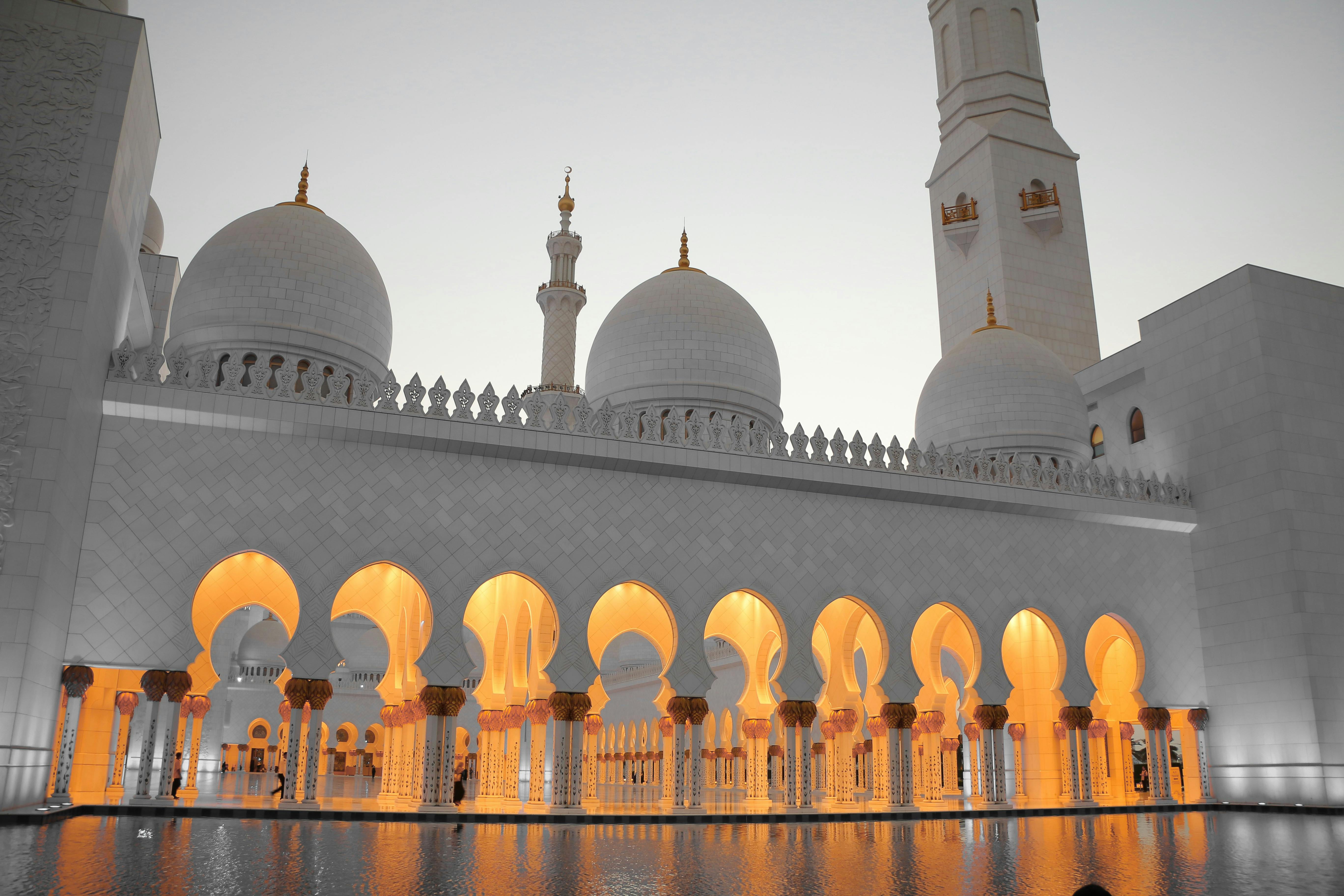The concept of Rahmah, or divine mercy, is not only a fundamental aspect of Allah’s attributes but also a source of spiritual guidance and hope for believers. This mercy encompasses forgiveness, compassion, and divine grace, reflecting Allah’s boundless love towards His creation.
RIbn Taymiyyah, a prominent Islamic scholar, describes Rahmah as “the most extensive of Allah’s actions and the highest of His attributes,” emphasizing its universality and significance in human affairs.
The Quran repeatedly emphasizes Allah’s attribute of mercy, stating, “And My mercy encompasses all things” (7:156), highlighting the comprehensive nature of Rahmah that extends to all aspects of existence. Ibn al-Qayyim elaborates on this, stating that Allah’s mercy includes guidance, forgiveness, and provisions, nurturing and sustaining all living beings.
Manifestations of Rahmah:
1. Forgiveness and Redemption: Rahmah allows believers to seek repentance and forgiveness sincerely, knowing that Allah is Al-Ghaffar (The Forgiver) and Al-Rahim (The Merciful). Ibn Taymiyyah says that Allah’s mercy is always available to those who turn to Him with humility and sincerity.
2. Compassion in Practice: The Prophet Muhammad (peace be upon him) exemplified Rahmah through his interactions with people, demonstrating kindness, empathy, and generosity. Ibn al-Qayyim notes that the Prophet’s mercy extended to all, regardless of their background or beliefs, reflecting the universal nature of Rahmah in Islam.
Rahmah in Islam signifies Allah’s infinite compassion and forgiveness, which allows believers a pathway to spiritual growth and moral excellence.
The Prophet (SAW) said, “ ‘None of you will enter paradise by their actions.’ The companions responded, ‘Not even you O Messenger of Allah?’ he said, ‘Not even me, except if Allah encompasses me with His blessing and mercy.”
We ask Allah SWT for His Rahmah upon us and all in our matters. Ameen!




Leave a Reply